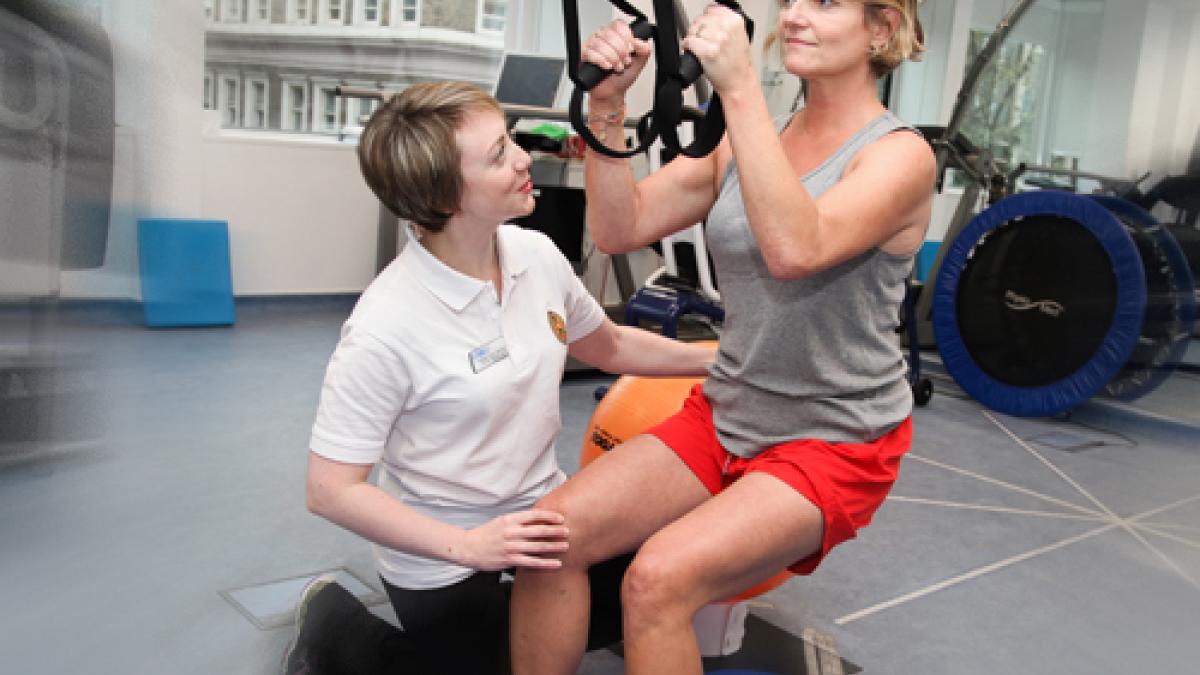Devolved health and social care would only succeed if frontline staff were fully engaged in transformation, the CSP’s director Sue Hayward-Giles has argued.

Success will be proportional to facilitating staff to work through what devolution means for Greater Manchester’s population, said the CSP’s Sue Hayward-Giles
In April, Greater Manchester local authorities became the first in England to take control of their health and social care budget. Other areas are set to follow, in a transfer of power and responsibility from national government to particular geographical regions.
‘It is the frontline staff who will carry through the innovation, for example working across organisational boundaries and in new ways,’ Ms Hayward-Giles said.
‘But success will be directly proportional to facilitating staff to come together and work through what the proposals can mean for people in Greater Manchester.’
She added that it would be down to organisations, employers and strategic leaders locally to work out how best to engage the workforce in the devolution process.
Same staff two jobs
Helen Ibbott, assistant director for health and social care reform in Greater Manchester, admitted that the devolution programme was trying to use the same staff to do two jobs: run services and transform them.
She was in London on 20 October to speak at the Westminster Health Forum’s seminar on next steps for devolution of health and social care in England. Frontline asked whether she recognised that service delivery commitments could leave frontline clinicians with little time for transformation.
This was a ‘massive issue for Greater Manchester’, she replied. ‘Actually what we have found is that we are trying to keep our systems safe and to keep delivering on the standards that the public expect. But then we are trying to transform systems at the same time.’
Management consultants
There had been a heavy reliance on management consultants, which meant the local workforce was not learning how to do things differently, she said.
She presented statistics which illustrated some of the health inequalities and financial challenges facing Greater Manchester. For instance, that life expectancy for some children born in north Manchester was 10 years shorter than for those born just seven miles away. Also, the predicted £2bn deficit in the region’s £6.2bn health and social care budget over the coming five years.
While transformation was a brilliant opportunity to improve health and care, Ms Ibbott admitted that it could also be a huge distraction.
Number of subscribers: 0